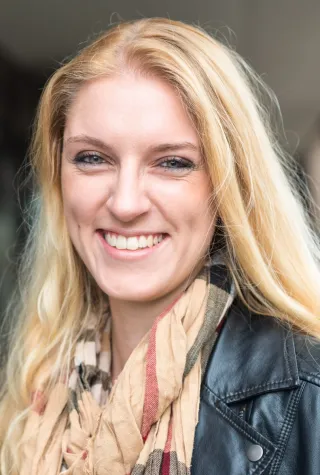Master of Education
Spanish, Master of Education
- Which methods are used to learn the Spanish language?
- Which are the most efficient ways to learn a foreign language, in particular Spanish?
- Which literary works are relevant for the Spanish-language curriculum today?Which Spanish-speaking countries are incorporated in the Spanish-language curriculum today?
- How can intercultural communication competencies be successfully fostered in Spanish-language classes?
Profile |
|
|
Degree
|
Master of Education
|
|
Start
|
Winter- and summer semester
|
|
Duration
|
4 semesters
|
|
Classroom language
|
German, Spanish
|
|
Admission
|
Not restricted, application at the faculty required
|
rub


